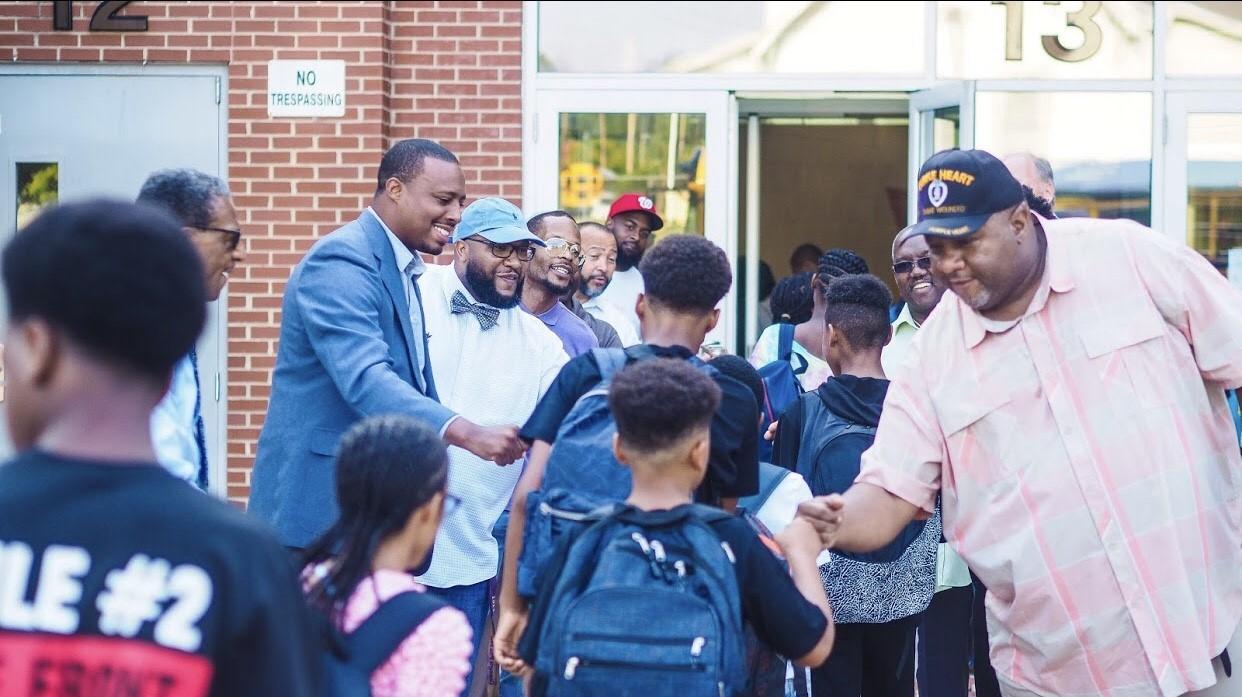
This week, we engaged in some much needed dialogue around race and workplace trauma during the age of #BlackLivesMatter. As part of our “Let’s Talk About It!” series, this virtual learning lab was an opportunity for us to engage leaders and employees at all levels in some timely dialogue around the impact that race based trauma can have on employees’ productivity, psychological safety, and inclusion.
We discussed the emotional toll that seemingly goes unaddressed in the workplace when tragic events, like the killings of unarmed black people, occur. Many participants used the lab as a medium to communicate the thoughts and feelings they’d not yet been able to share in their respective work environments and teams. It appeared to be therapeutic in nature. The insights shared by participants we powerful:
[dropshadowbox align=”none” effect=”lifted-both” width=”600px” height=”” background_color=”#c3dcf8″ border_width=”1″ border_color=”#dddddd” ]
- “I am a Black mother and I can’t help but think about the safety of my son and my husband on a daily basis.”
- “Realizing how privilege comes with being born white has left me brokenhearted. There are habits, life-choices, and instincts that I will never have to practice because of this.”
- “While my company promotes diversity, equality, and tolerance, everyone seems to be very hush hush regarding the latest crimes against blacks. However, emails voicing sympathy towards the Orlando night club victims and the Nice victims were sent out within a week of the events. Why is that?”
- “The back to back events have been exhausting and are creating more stress in the already stressful day to day life.”
[/dropshadowbox]
By the end of the lab, we were able to provide leaders with specific strategies for creating environments that are conducive to having dialogue around these challenging and complex topics. We shared coping tactics for people of color who may be impacted by recent events, and practices that individuals who consider themselves allies can engage in to combat racial injustice.
Here are some of the key takeaways from our discussion:
[dropshadowbox align=”none” effect=”lifted-both” width=”600px” height=”” background_color=”#c3dcf8″ border_width=”1″ border_color=”#dddddd” ]
- Our organizations do not exist within a vacuum.
- Tragic events may cause trauma, emotional toll and potentially impact employees’ productivity.
- Be aware of and prepared for the differences and range of emotions/ disparate impact that tragic events may cause.
- It is important that employees who are impacted be given time and resources to cope.
- Allies are critical to social and organizational change—education and competence is key.
- Decide how your organization will respond during times of tragedy and be consistent.
- Your organizational norms/culture and how organizations respond during times of tragedy can impact employees’ psychological safety, inclusion.
- Create opportunities for effective, authentic dialogue and ensure teams are ready.
- Managers/leaders must have the appropriate tools and learning to support employees during this time.
- Developing cultural competence is a journey, and is requisite to engaging in effective dialogue.
[/dropshadowbox]
Were you able to attend the session? What were your thoughts? What will you bring back into your workplace or personal cultural competence journey?


















